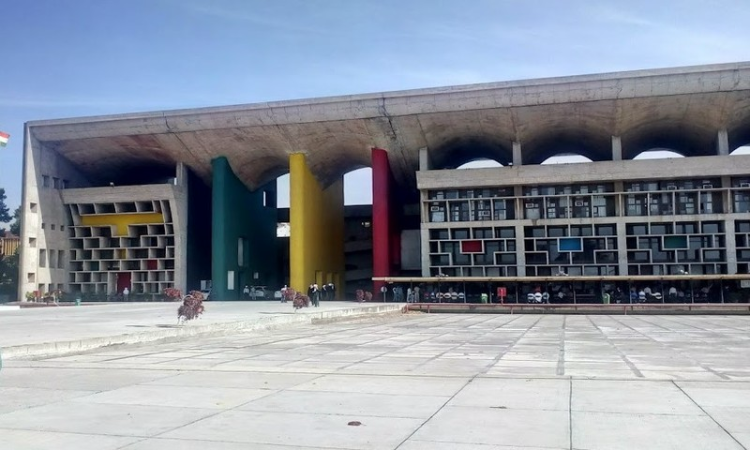High Courts Are Empowered To Extend The One Time Settlement Time Period: Punjab & Haryana High Court
Pallavi Mishra
16 April 2022 12:40 PM IST

Next Story
16 April 2022 12:40 PM IST
A Division Bench comprising of Justice M.S. Ramachandra Rao and Justice Jasjit Singh Bedi of the Punjab and Haryana High Court, in the matter of Amrik Singh v DCB Bank Ltd. and Anr., has held that the High Court, in the exercise of its powers under Article 226 of the Constitution of India, can grant an extension of time for completion of the payment under the One Time Settlement (OTS),...
